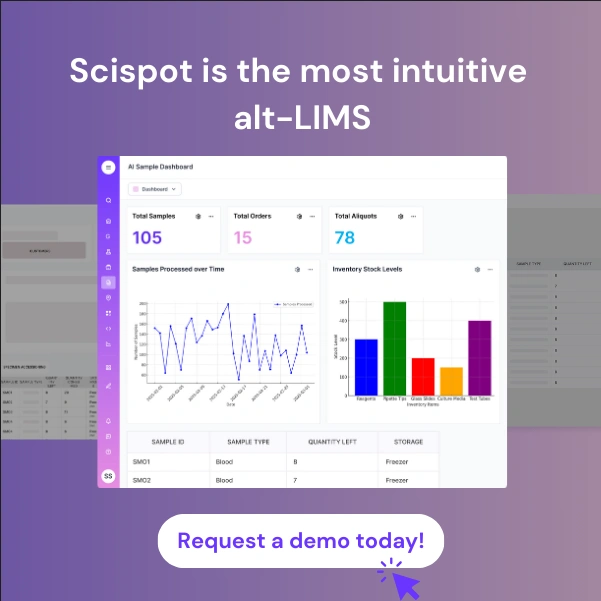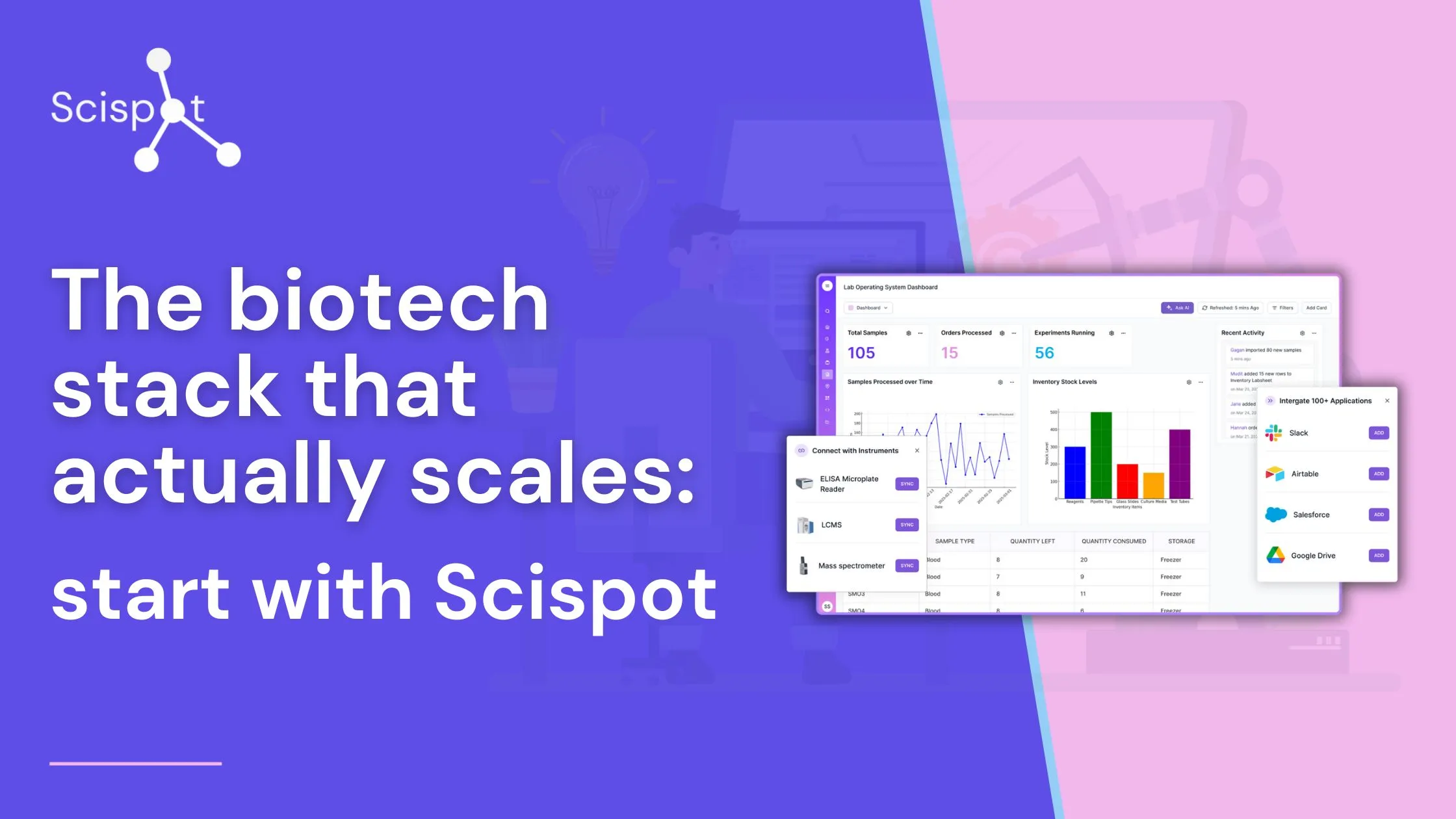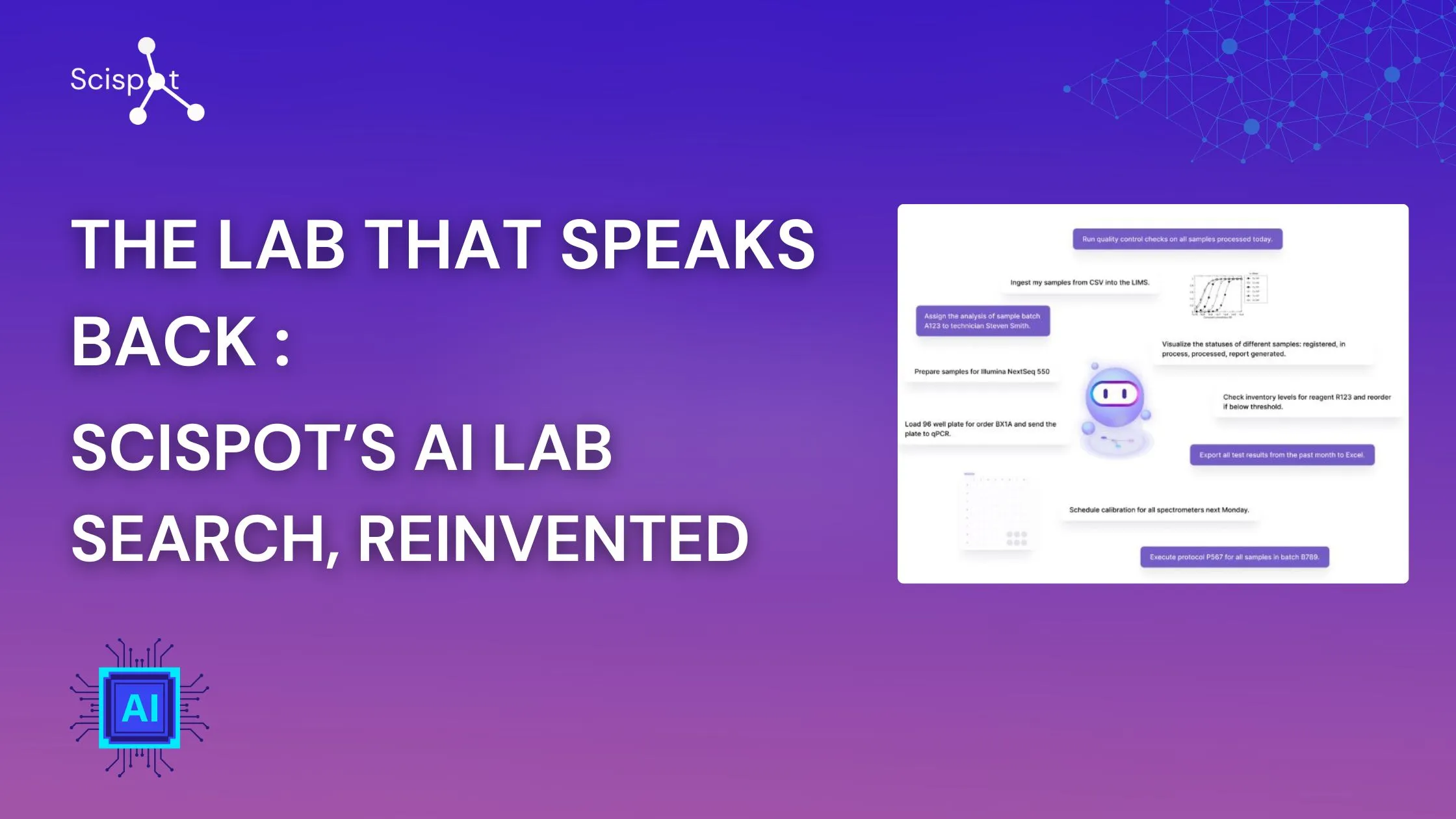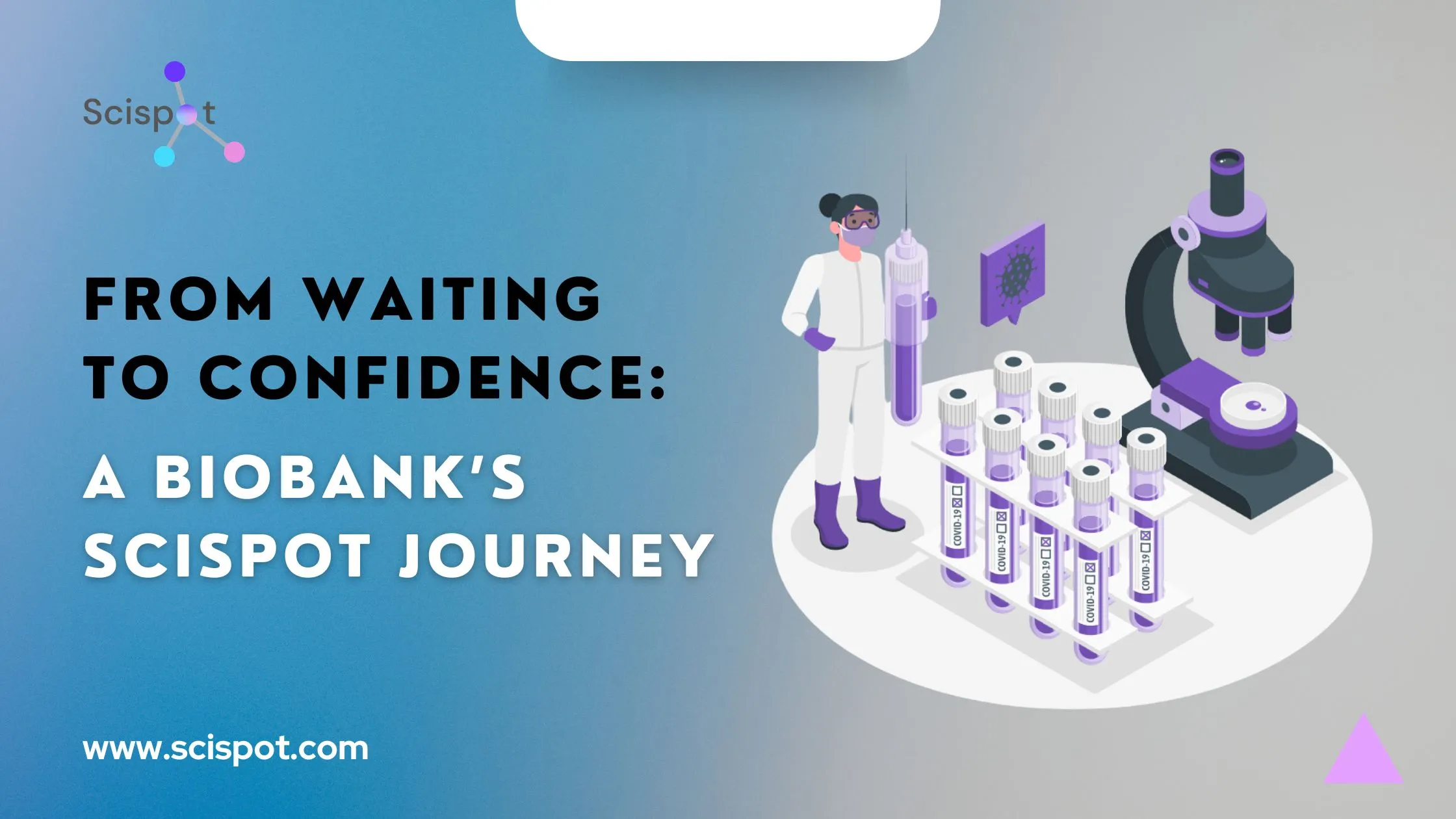Gene therapy has emerged as a revolutionary approach to treating previously incurable genetic diseases. As this field continues to advance, the need for specialized software solutions to manage complex research and development processes has become increasingly critical. This comprehensive guide explores how cutting-edge cell and gene therapy software is transforming the biotech landscape, streamlining workflows, and accelerating breakthrough treatments.
The Evolution of Gene Therapy Software Systems
Gene therapy represents a paradigm shift in medicine, moving beyond symptom management to addressing the genetic root causes of diseases. This innovative approach involves repairing, replacing, or deactivating dysfunctional genes to restore normal function. However, the complexity of gene therapy development requires sophisticated digital tools to organize, analyze, and optimize vast amounts of biological data.
Modern gene therapy software platforms have evolved from simple electronic lab notebooks to comprehensive ecosystems that integrate experiment design, data management, quality control, and regulatory compliance. These platforms enable researchers to track every aspect of the gene therapy development lifecycle—from initial vector design through preclinical testing to manufacturing scale-up.
The FDA has approved over 40 cell and gene therapies for human use, with 2023 marking a landmark year with seven new approvals, including the novel CRISPR-based therapy CASGEVY®. This growth has intensified the need for software that can handle the unique workflows and data structures inherent to gene therapy research.

Essential Features of Modern Cell and Gene Therapy Software
Integrated Molecular Biology Tools
Advanced cell therapy software incorporates specialized tools for designing and analyzing genetic constructs. These features allow scientists to design CRISPR guides and plasmid sequences at scale, track genotoxic sequences including specific enhancers and promoters, and study different vectors and their distinct integration profiles.
Streamlined Workflow Management
Efficiency in gene therapy research demands software that can adapt to complex, multi-stage projects. Leading platforms offer configurable workflows that cover everything from order registration to sample processing, testing, and report generation. This flexibility ensures that the system aligns perfectly with each lab's specific operational requirements. Learn more about workflow automation with Scispot here.
Comprehensive Sample and Inventory Management
Cell therapy laboratory software must excel at tracking biological materials throughout their lifecycle. This includes managing donor samples, cell lines, viral vectors, and other critical components with complete chain of custody documentation. The best systems offer specialized inventory tracking for biological materials, particularly important for cell therapy startups working with precious patient-derived samples. Explore
Data Integration and Analysis
Modern gene therapy platforms connect data across research and development, process development, and clinical trials. They integrate with instruments such as sequencers, PCR machines, and analytical equipment to capture data automatically and minimize discrepancies. This integration creates a unified view of experimental results, enabling scientists to derive actionable insights without extensive coding.
Quality Control and Regulatory Compliance
Gene therapy development requires strict adherence to regulatory standards. Leading software solutions incorporate built-in audit trails, secure data storage, and automated quality control checks to ensure 100% compliance across all workflows. They support standards such as HIPAA, SOC 2, and CFR Part 11, making them ideal for GxP-compliant environments. See how Scispot supports GxP compliance here.

How Scispot Revolutionizes Gene Therapy Research
Scispot has emerged as a leading platform specifically designed to address the unique challenges of gene therapy development. Its comprehensive approach combines ELN, LIMS, and SDMS capabilities in a single, no-code environment that scientists can configure themselves.
AI-Powered Research Acceleration
What truly sets Scispot apart is its integration of advanced AI capabilities into the research workflow. The platform includes an AI assistant called "Scibot" that allows users to ask natural language questions about their data. This AI actively monitors sample conditions in real-time, detects anomalies, and assists teams in anticipating resource needs—enhancing data accuracy and reducing the risk of sample mismanagement.
Seamless Instrument Integration
Scispot offers over 200 instrument integrations and connects with 7,000+ applications through its GLUE integration engine. This exceptional connectivity ensures that data flows automatically from lab equipment to the platform, eliminating manual data entry and the errors it can introduce.
Configurable Workflows for Specialized Research
The platform's flexible workflow management system, known as lab flows, can be tailored to meet the unique needs of different gene therapy approaches. Whether researchers are working on AAV gene therapy, CRISPR gene editing, or exploring alternative technologies like ZFNs or TALENs, Scispot adapts to their specific protocols without requiring custom coding.
Enterprise-Quality for Startups
Unlike traditional systems built for large enterprises, Scispot was specifically designed with biotech startups in mind. Its pricing is structured to grow with your company, providing enterprise-quality lab management without enterprise-level complexity or cost. This makes it particularly valuable for emerging gene therapy companies that need sophisticated tools but lack extensive IT resources. Read about Scispot for startups here.
Transforming Cell Therapy Development
Cell therapy software plays a crucial role in advancing treatments that involve transferring cellular material into patients for medical purposes. These therapies, which include both autologous (from oneself) and allogeneic (donor) approaches, require meticulous tracking of cellular materials from collection through modification and back to the patient.
Scispot simplifies this complex process by centralizing company-wide data, templatizing routine research, and automating non-scientific tasks. For cell therapy developers, this means:
- Complete traceability of cellular materials throughout the manufacturing process
- Standardized protocols that ensure consistency across batches
- Automated documentation that supports regulatory submissions
- Real-time monitoring of critical quality attributes
One cell therapy innovator, Indee Labs, has leveraged Scispot to revolutionize engineered cell therapies through improved manufacturing processes. Ryan Powell, Founder and CEO, highlights the importance of centralizing data and documents from distributed partners such as UCSF, Stanford, and CROs. He explains that Scispot's data rooms help standardize templates, track experiment progress, and simplify due diligence.

Streamlining Gene Therapy Scale-Up and Manufacturing
As gene therapies move from research to clinical applications, scalability becomes a critical challenge. Gene therapy software must facilitate the transition from small-scale experiments to production-ready processes.
Scispot addresses this challenge through features that allow researchers to:
- Identify and define key quality attributes and process parameters
- Map relationships between critical quality attributes and process parameters
- Design multivariate DOE experiments to optimize production conditions
- Define process design space that describes the most important parameters and their ranges
The platform scales effortlessly from small-scale R&D to full-scale production, maintaining consistent quality control and seamless data flow throughout. This scalability ensures that gene therapy developers can maintain the highest standards in data accuracy and compliance as they grow.
Accelerating Time to Results
One of the most significant benefits of specialized software is its impact on research timelines. In molecular diagnostics labs using Scispot, sample-to-report times have been accelerated by up to 90%. This dramatic improvement comes from automating every step of the workflow—from sample registration and barcode generation to real-time tracking through various testing stages.
For gene therapy research, faster turnaround means:
- More rapid iteration on vector designs
- Quicker assessment of therapeutic efficacy
- Accelerated identification of optimal delivery methods
- Faster progression from preclinical to clinical stages
Scientists using advanced cell and gene therapy software can save significant time on documentation—typically 40-60%—allowing them to focus on actual research rather than paperwork. This efficiency gain translates directly into accelerated development timelines and potentially faster paths to market for life-saving therapies.
Future Trends in Gene Therapy Software
The gene therapy software landscape continues to evolve rapidly, with several key trends emerging:
- Increased AI Integration: As demonstrated by Scispot's AI assistant, artificial intelligence is becoming central to gene therapy research tools. AI can potentially reduce the cost of gene therapy delivery significantly by optimizing vector designs and manufacturing processes. Read about the future of AI in biotech here.
- Enhanced Visualization Tools: Advanced data visualization capabilities help researchers identify patterns and relationships that might otherwise remain hidden in complex datasets.
- Improved Regulatory Support: As regulatory frameworks for gene therapies mature, software platforms are incorporating more sophisticated tools for compliance documentation and submission preparation.
- Cloud-Based Collaboration: The distributed nature of modern biotech research demands software that facilitates seamless collaboration across institutions and geographies.
Scispot is at the forefront of these trends, continuously enhancing its platform to address the evolving needs of gene therapy researchers. Its AI-enabled dashboards allow users to generate charts and visualizations through natural language commands, while its cloud architecture supports secure collaboration across distributed teams.

Implementation Best Practices
Successfully implementing gene therapy software requires careful planning and execution. Here are key strategies for maximizing the value of your software investment:
Define Clear Objectives
Before selecting a software platform, clearly articulate your research goals and the specific challenges you aim to address. This clarity will guide your evaluation process and ensure the chosen solution aligns with your needs.
Start with Core Workflows
Rather than attempting to digitize all processes simultaneously, begin with your most critical workflows. This focused approach allows your team to build familiarity with the platform while delivering immediate value.
Invest in User Training
The most powerful software is only effective when users understand how to leverage its capabilities. Comprehensive training ensures your team can take full advantage of the platform's features.
Plan for Integration
Consider how your gene therapy software will interact with existing systems and instruments. Prioritize platforms like Scispot that offer extensive integration capabilities to create a seamless digital ecosystem.
Establish Data Standards
Define consistent data formats and nomenclature to facilitate analysis and collaboration. Well-structured data is essential for deriving meaningful insights from your research.
Conclusion
By selecting the right software solution for your gene therapy research, you can dramatically enhance your team's productivity, data quality, and innovation capacity. Platforms like Scispot offer the specialized capabilities, flexibility, and scalability needed to advance cutting-edge genetic medicine from concept to clinic.
Book a free consultation call with Scispot today.
.gif)











